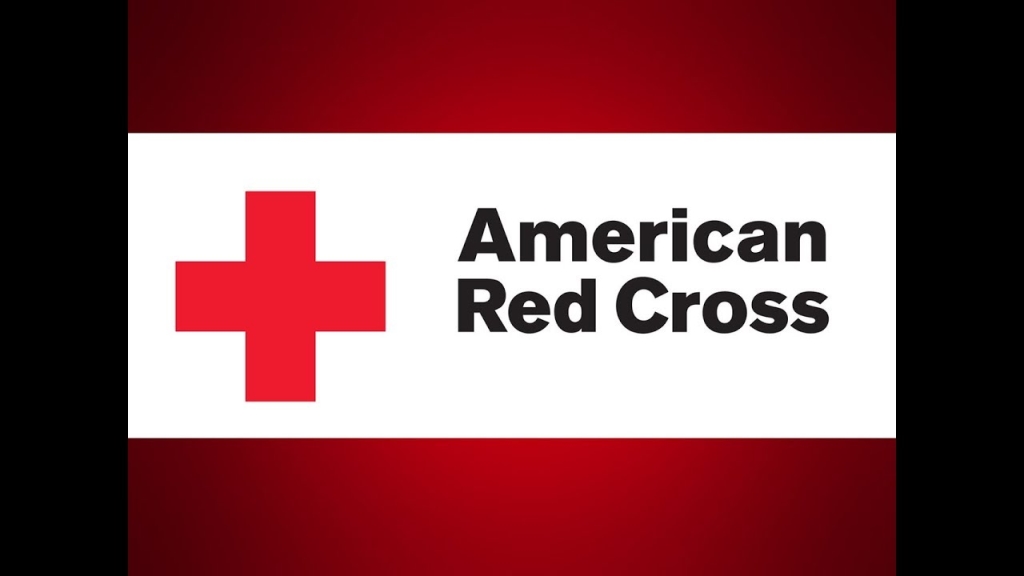Unlock Your Career: Top Skills and Opportunities for Aspiring Phlebotomists
As healthcare continues to evolve, the demand for skilled professionals is at an all-time high. Phlebotomists play a crucial role in this ecosystem, serving as the backbone for diagnostic testing and patient care. If you are considering a career in healthcare, phlebotomy offers a unique blend of opportunities and personal fulfillment. This article will explore essential skills, career opportunities, benefits, and practical tips to succeed as an aspiring phlebotomist.
Essential Phlebotomy Skills
To excel as a phlebotomist, certain skills are essential. Acquiring these skills not only enhances competence but also increases job opportunities. Hear’s a detailed list of critical skills for phlebotomists:
- Technical Skills: Proficiency in drawing blood and handling lab equipment.
- Attention to Detail: Ability to follow protocols meticulously can prevent errors.
- Communication Skills: Important for explaining procedures to patients and working with healthcare teams.
- Handling Stress: Competence in managing stressful situations, especially in high-volume settings.
- Compassionate Care: Understanding patient emotions is key to providing excellent care.
- Record Keeping: Accurate documentation of patient information and samples.
Career Opportunities in Phlebotomy
The career path for phlebotomists is both diverse and rewarding. Various sectors within healthcare require skilled phlebotomists, including:
- Hospitals: In-demand settings for phlebotomists; night and weekend shifts available.
- Outpatient clinics: Work in family practices and specialty clinics.
- Blood Donation Centers: Engaging with the community while collecting blood donations.
- Laboratories: Focus on specimen processing and analysis.
- Mobile Phlebotomy Services: Flexible service options for patients at home.
Benefits of a Career in Phlebotomy
Choosing a career in phlebotomy comes with its own set of advantages. Here are some compelling reasons to pursue this path:
- Short Training Time: Training programs typically last a few months, allowing for fast entry into the workforce.
- High Demand: Job prospects are strong, especially in urban areas where healthcare services are expanding.
- Flexible Schedules: Opportunities exist in various settings with different shifts.
- Patient Interaction: Engaging with patients provides emotional satisfaction and they’re often thankful for your efforts.
- Career Advancement: Explore further education and training for roles in nursing or laboratory sciences.
Practical Tips for aspiring Phlebotomists
Entering the field of phlebotomy can be a rewarding journey when equipped with the right knowledge and preparation. Here are some practical tips to help you get started:
1. Get Educated
Enroll in an accredited phlebotomy program. Community colleges and vocational schools offer programs that cover essential techniques and patient handling.
2. Gain Certification
Obtaining a certification from a recognized institution, such as the National Phlebotomy Association (NPA) or the American Society for Clinical Pathology (ASCP), enhances your employment prospects.
3. Build Experience
Participate in internships or volunteer opportunities. Hands-on experience is invaluable and can be a competitive advantage.
4. Networking
Join professional organizations and attend workshops to meet industry professionals. Networking can open doors to job opportunities.
Case Studies: Successful Phlebotomists
To inspire you further, let’s look at two successful phlebotomists who have transformed their careers:
| Name | Background | Current Role |
|---|---|---|
| Anna M. | Started as a volunteer in a hospital. | Lead Phlebotomist at a Blood Donation Center |
| James R. | Completed his phlebotomy certification online. | Phlebotomy Trainer for a Community College |
First-Hand Experience: A Day in the Life of a Phlebotomist
Understanding the daily routine can aid your decision to pursue this career. A typical day might include:
- Arriving early to set up your equipment.
- Meeting patients, ensuring their comfort, and explaining the procedure.
- Drawing blood samples following strict protocols for safety.
- Documenting the samples and communicating with lab personnel.
- Managing any complications that arise,always applying a patient-centered approach.
Conclusion
Phlebotomy is not just a career; it’s a gateway into the expansive world of healthcare. By developing the essential skills, exploring various career opportunities, and utilizing practical tips, you can unlock your potential as a phlebotomist. The role is vital in improving patient outcomes, contributing to medical knowledge, and ultimately, making a important difference in many lives.So, if your ready to embark on a fulfilling career journey, start your education today and take the first steps toward becoming a skilled phlebotomist!
